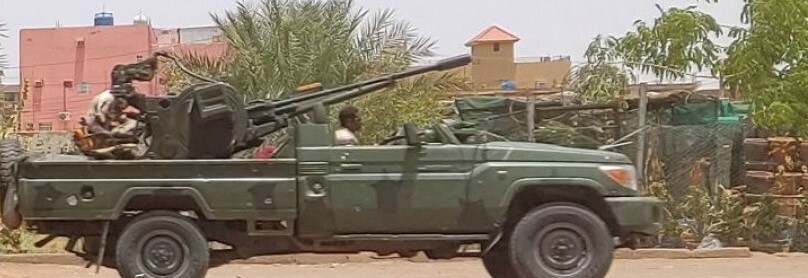Sudan’s warring military factions agreed on Monday to a five-day extension of a ceasefire agreement, after renewed heavy clashes and air strikes in parts of the capital threw fresh doubts on the effectiveness of the truce.
Saudi Arabia and the United States, which brokered a week-long ceasefire deal and have been monitoring it remotely, announced shortly before it was due to expire on Monday evening that the parties had agreed to extend it.
Although the ceasefire had been imperfectly observed, it had allowed the delivery of aid to an estimated two million people, the two countries said in a joint statement.
“The extension will provide time for further humanitarian assistance, restoration of essential services, and discussion of a potential longer-term extension,” the statement said.
More than 300,000 people have crossed Sudan’s borders since the fighting erupted, with the largest numbers heading north to Egypt from Khartoum or west to Chad from Darfur.
In Khartoum, factories, offices, homes and banks have been looted or destroyed. Power, water and telecommunications are often cut, there are acute shortages of medicines and medical equipment, and food supplies have been running low.
The truce deal has brought some respite from heavy fighting but sporadic clashes and air strikes have carried on.
The United Nations and aid groups say that despite the truce they have struggled to get bureaucratic approvals and security guarantees to transport aid and staff to Khartoum and other places of need.
Violence has flared in several parts of Darfur, already scarred by conflict and displacement, with hundreds of deaths recorded in El Geneina near the border with Chad.
In recent days there has also been fighting in El Fashir, capital of North Darfur State.
Across the country, the Health Ministry has said at least 730 people have died in the fighting, though the true figure is likely much higher. It has separately recorded up to 510 deaths in El Geneina.




